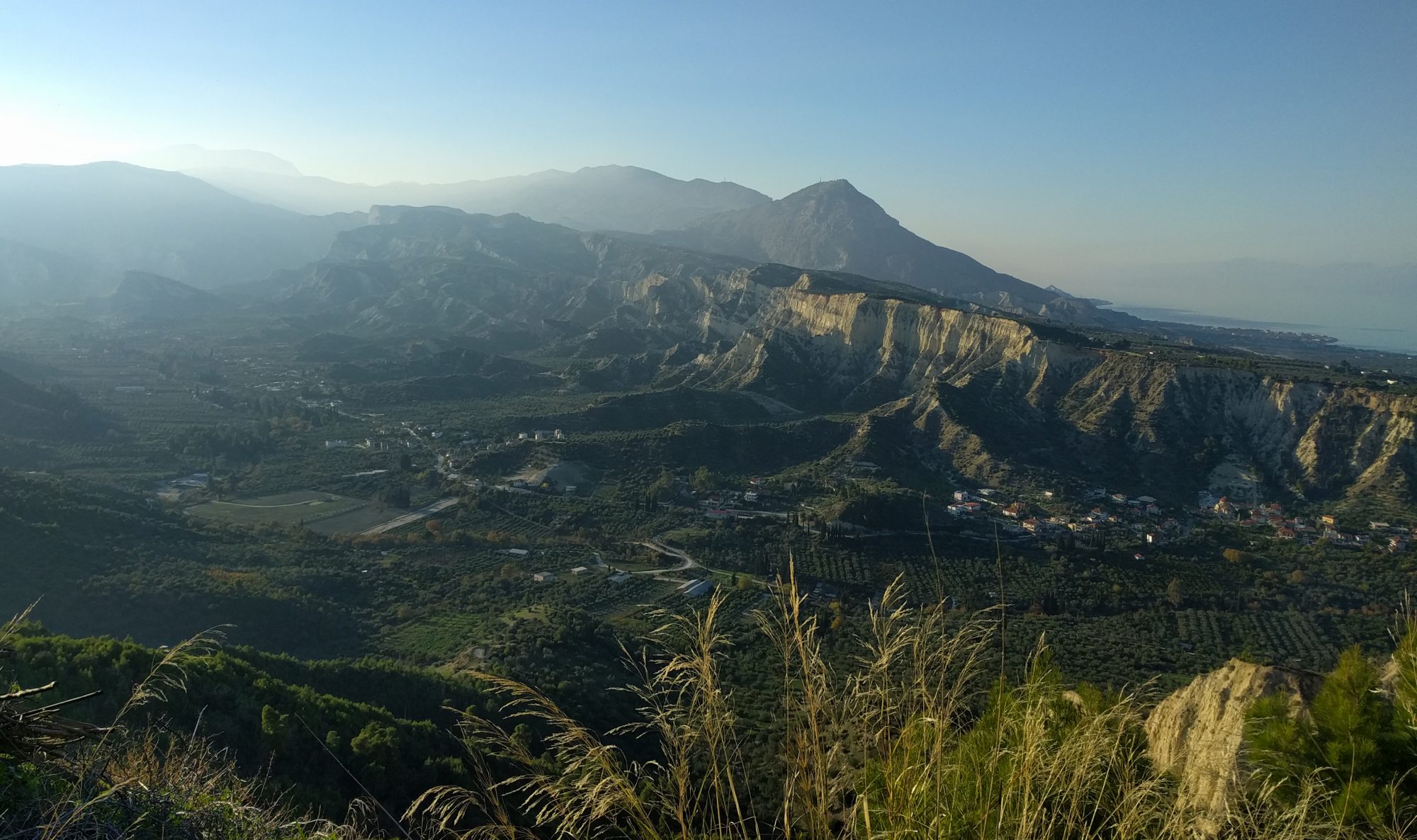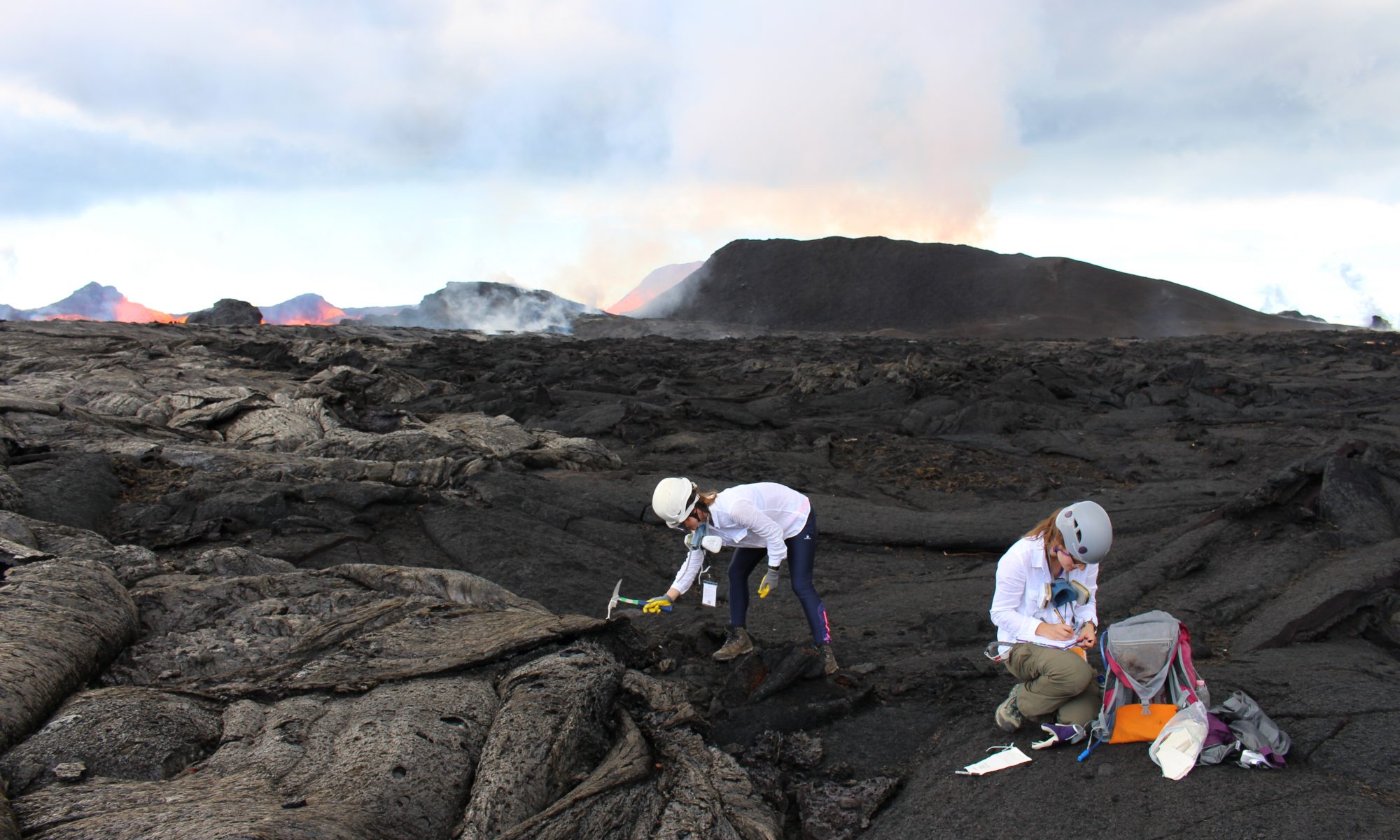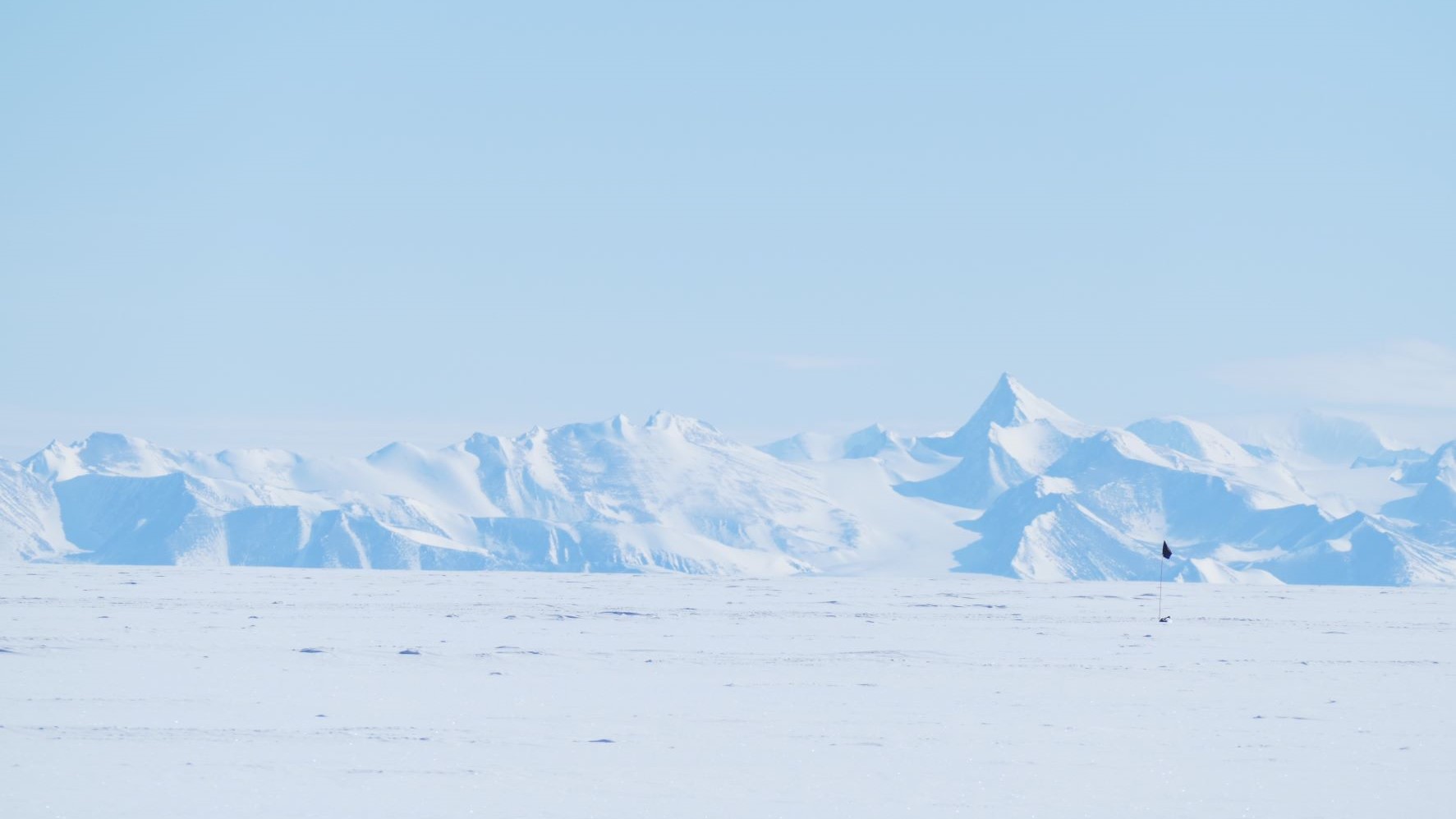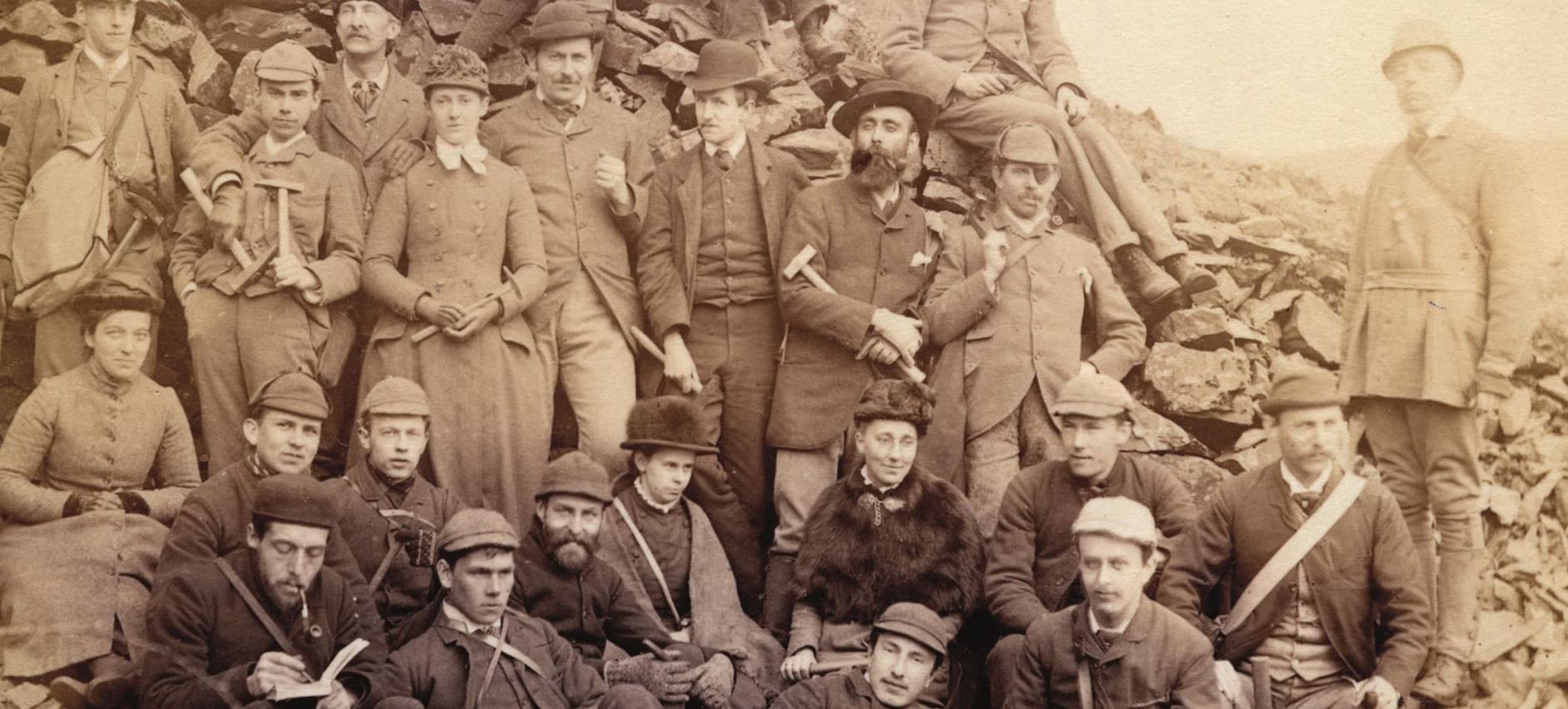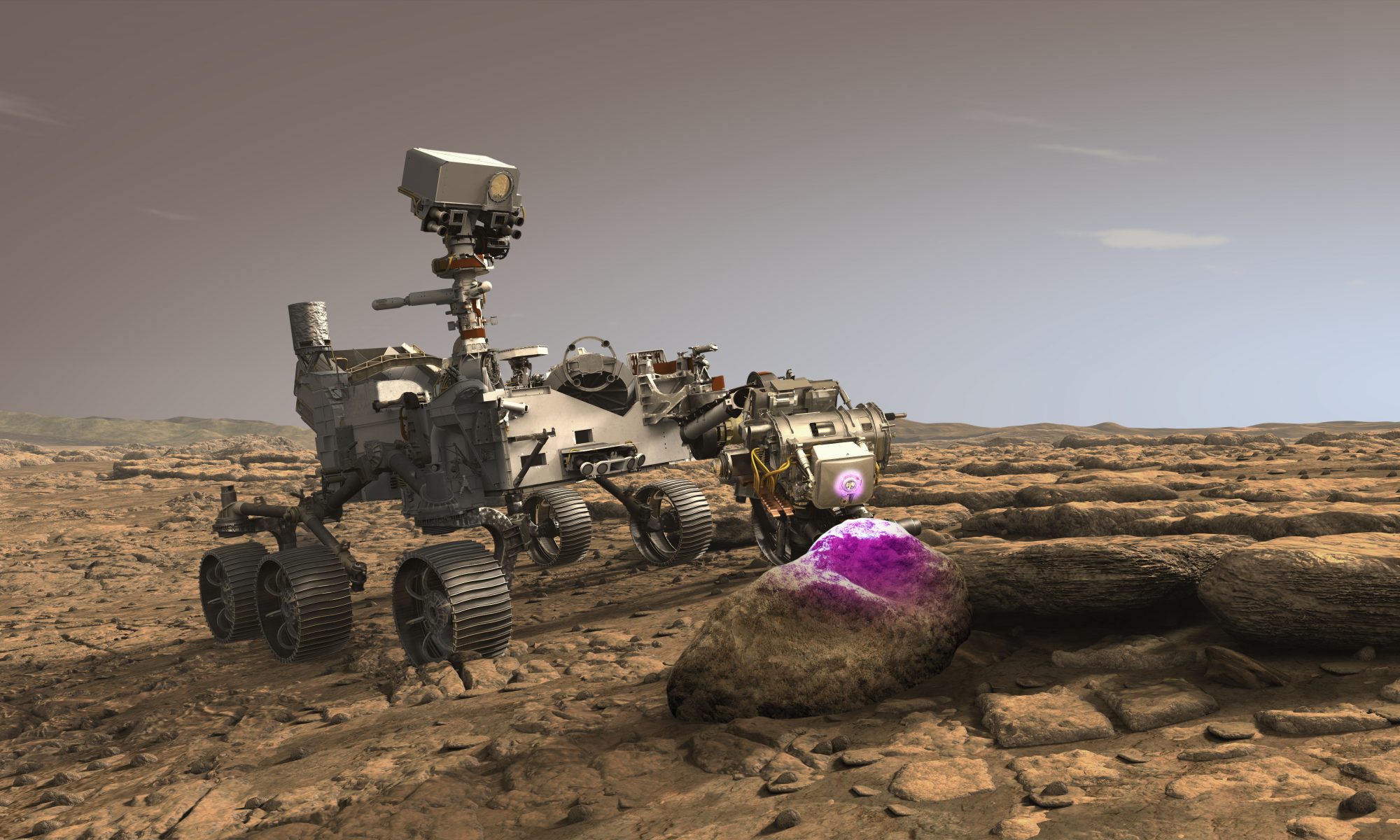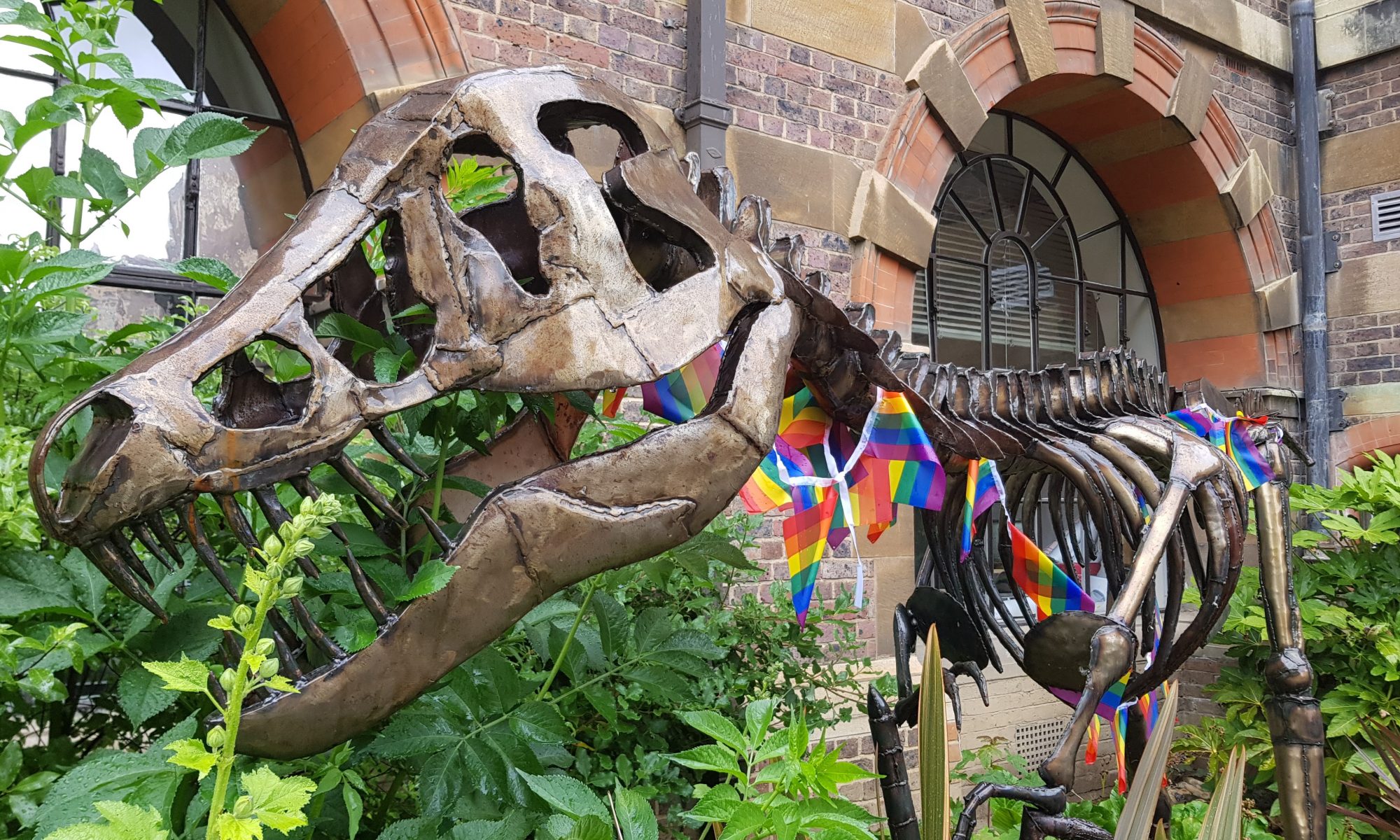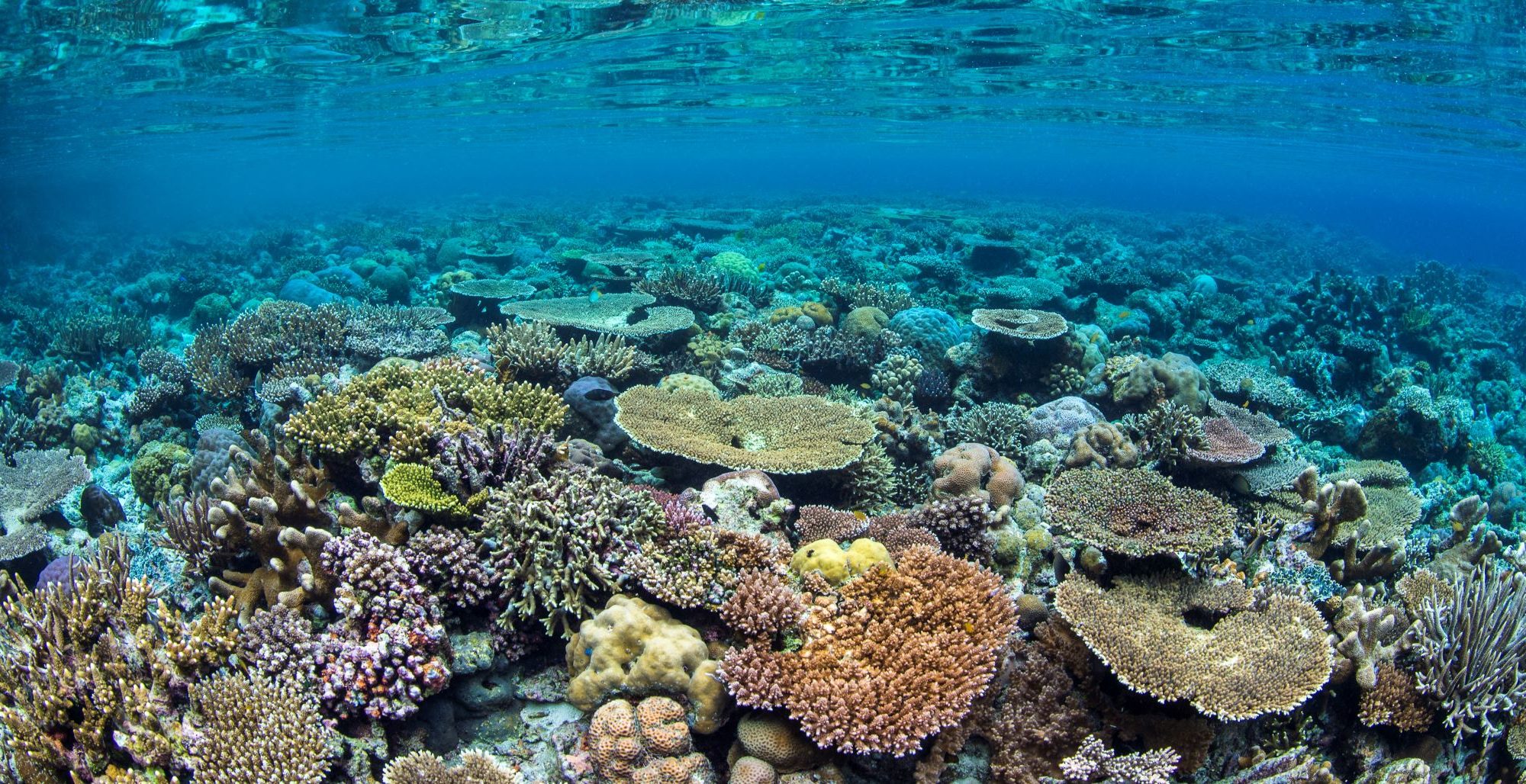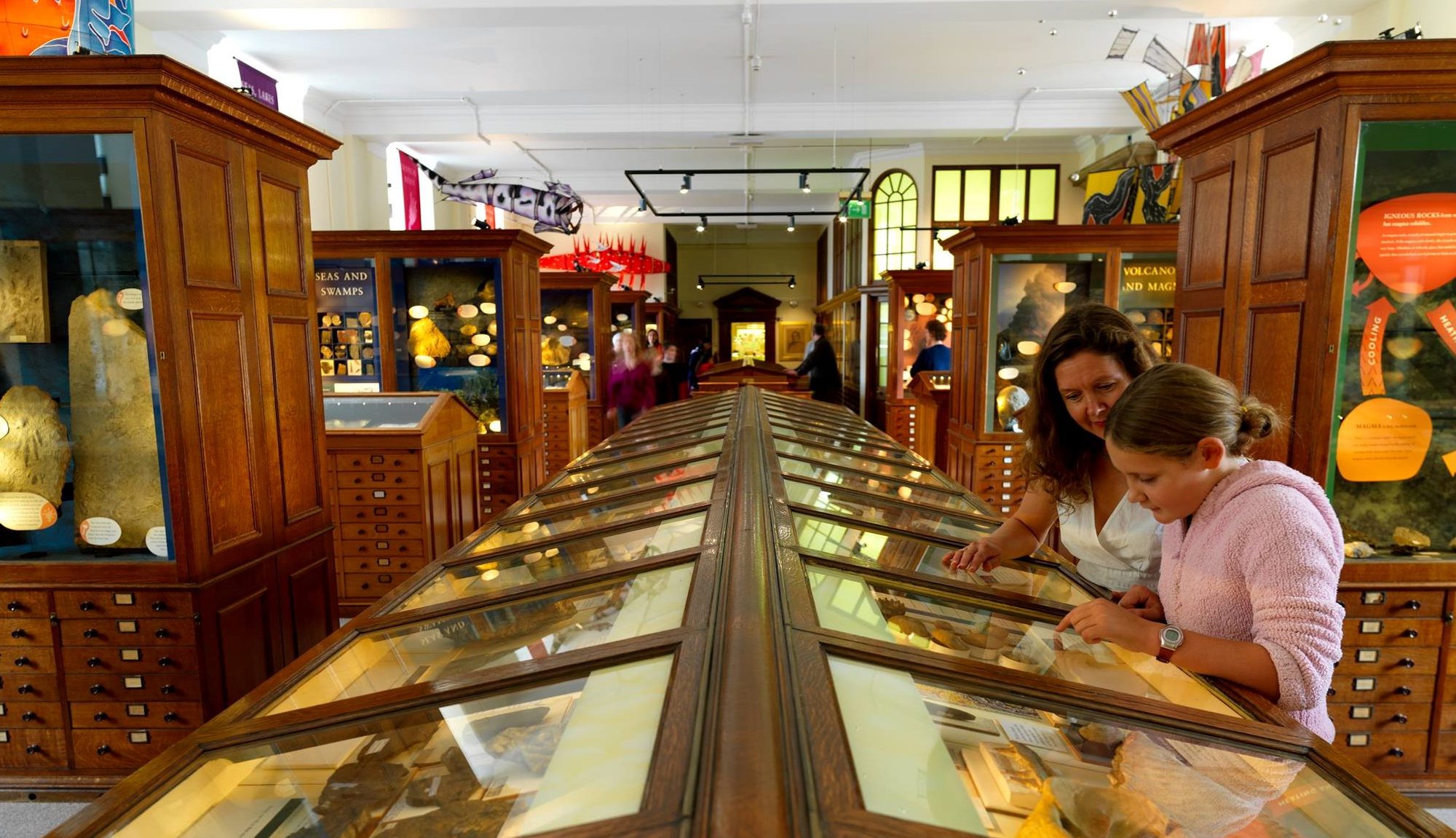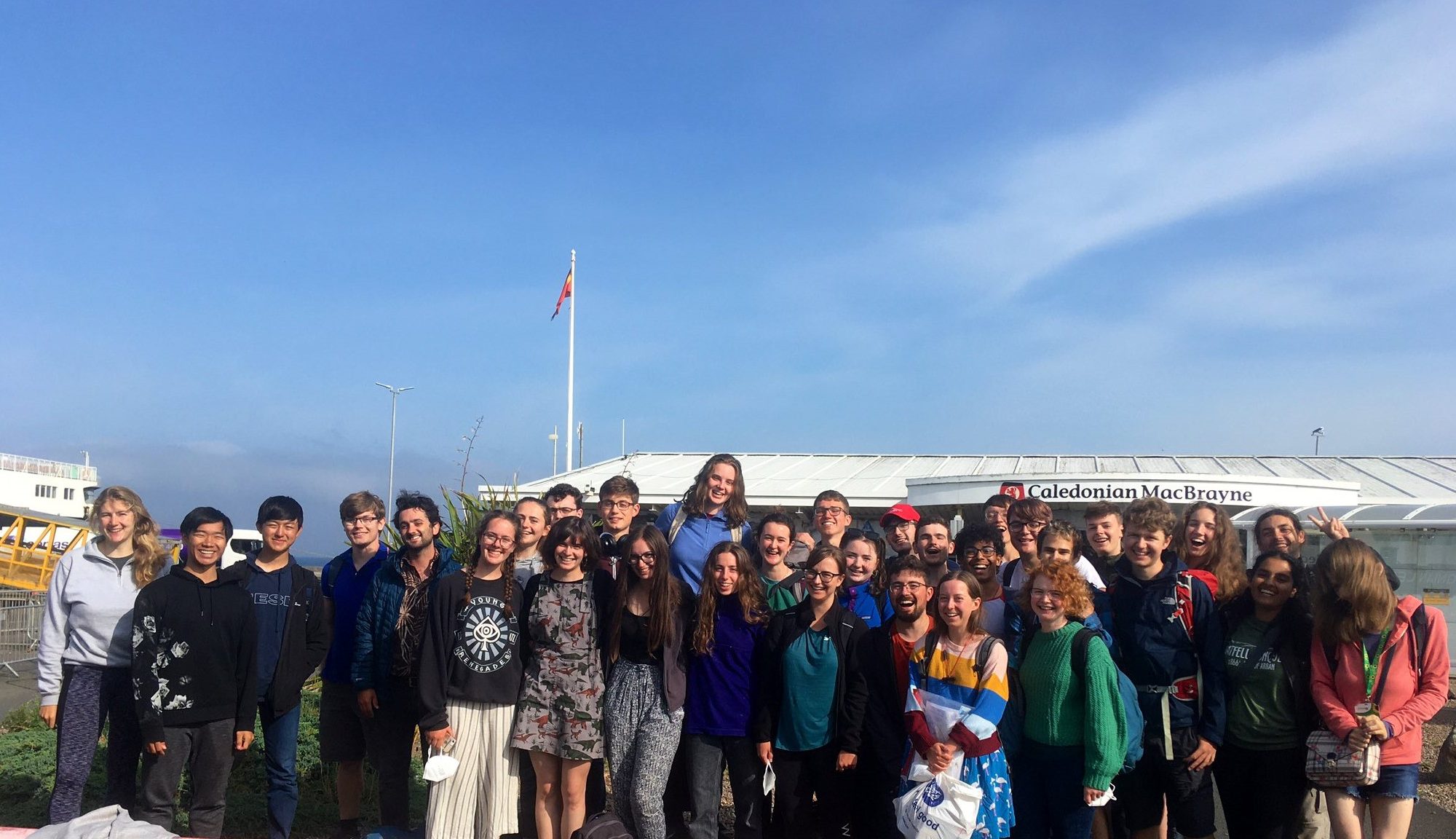Today is International Day of Women and Girls in Science (11 February), a celebration of women and girls in science led by UNESCO and UN-Women.
In this blog post, we bring together stories from women researchers across our Department to highlight the variety of roles within Earth Sciences.
To mark this day, we asked our researchers what pieces of equipment or items they rely on for their everyday research – whether they spend most of their time collecting data in the lab, field or via computer models.
Continue reading “Celebrating International Day of Women and Girls in Science 2022”